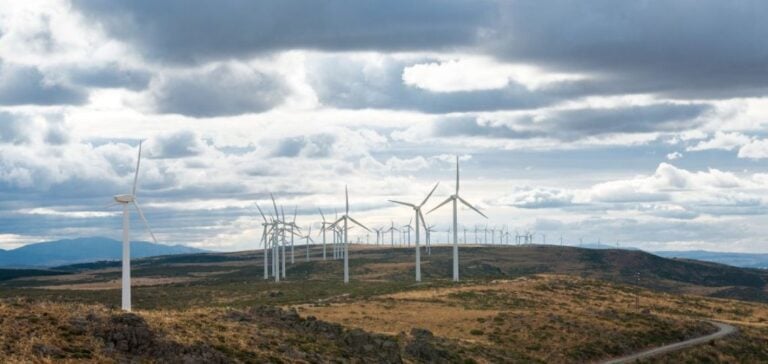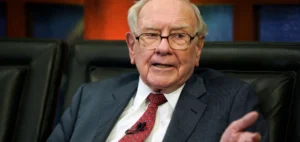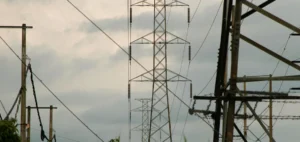On November 17, 2023, Statkraft signed an agreement with Spanish company Elecnor to acquire its renewables subsidiary, Enerfin. This transaction, now finalized, marks a significant milestone for Statkraft, consolidating its position as Europe’s largest renewable energy producer and strengthening its presence in Spain and Brazil. The acquisition includes a portfolio of 1.5GW of windand solar projectsin operation and under construction, as well as a pipeline of projects under development. Birgitte Ringstad Vartdal, President and CEO of Statkraft, said: “This acquisition is a major step forward for Statkraft and confirms our leading position in international renewable energies. It places us among the top ten wind power producers in Spain and Brazil, which are key markets for us.”
Capacity and Competency Building
The acquisition of Enerfin brings Statkraft 170 new employees, mainly in Spain and Brazil, strengthening the company’s expertise in the development and operation of renewable energy projects. “I warmly welcome all new employees to Statkraft. The Enerfin organization has a strong track record in renewable project development and operations, which will add great value to our organization,” added Vartdal. The acquired portfolio also offers significant opportunities for the repowering of wind farms, as well as for hybridization and battery storage, paving the way for new innovations and technological improvements.
Growth Outlook and Divestment Plan
In addition to the new capacities in Spain and Brazil, Statkraft plans to divest its Enerfin portfolio in Canada, the United States, Colombia, Australia and Chile. “We recognize the considerable work done to develop the portfolios in these markets and strongly believe in future opportunities for value creation. Statkraft is committed to finding new owners who can continue to develop these activities in these countries,” explained Vartdal. This divestment strategy is designed to preserve value and ensure a sustainable future for the projects concerned, while enabling Statkraft to focus its resources on its key markets.
Impact on the Renewable Energy Market
Statkraft’s acquisition of Enerfin is an example of the consolidation underway in the renewables sector, where companies are seeking to strengthen their positions through strategic acquisitions. This move enables Statkraft to diversify its portfolio and strengthen its operational capabilities in key markets, while pursuing its goal of becoming a global leader in the renewable energy sector. In Spain, this reinforcement of wind and solar capacity is particularly relevant in the context of the country’s ambitions in terms of energy transition and reducing carbon emissions. In Brazil, increasing renewable capacities also contributes to the national objectives of sustainable development and diversification of energy sources.






















